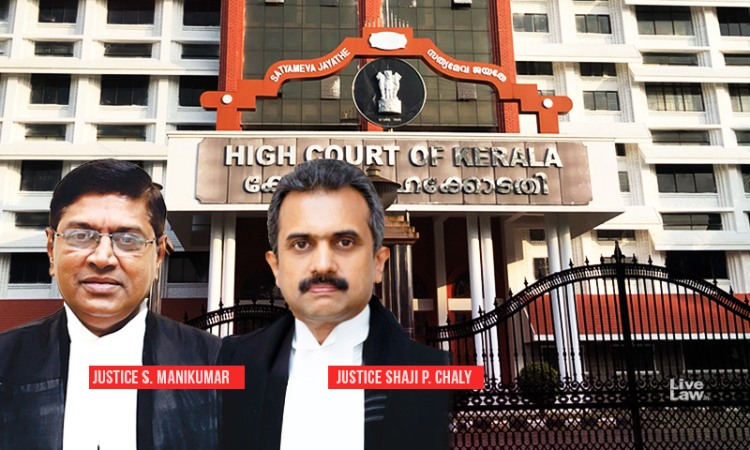The Kerala High Court has recently held that the State Government is justified in notifying all Corporations, Municipalities and Panchayats in the State of Kerala under Section 58(f) of the Transfer of Property Act.A Division Bench of Chief Justice S. Manikumar and Justice Shaji P. Chaly thereby refused to interfere with a State notification in that regard and accordingly dismissed an appeal....

